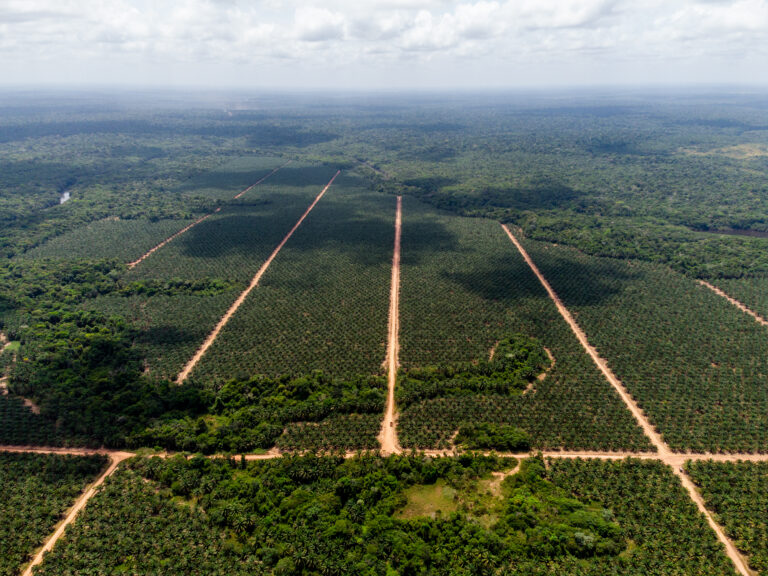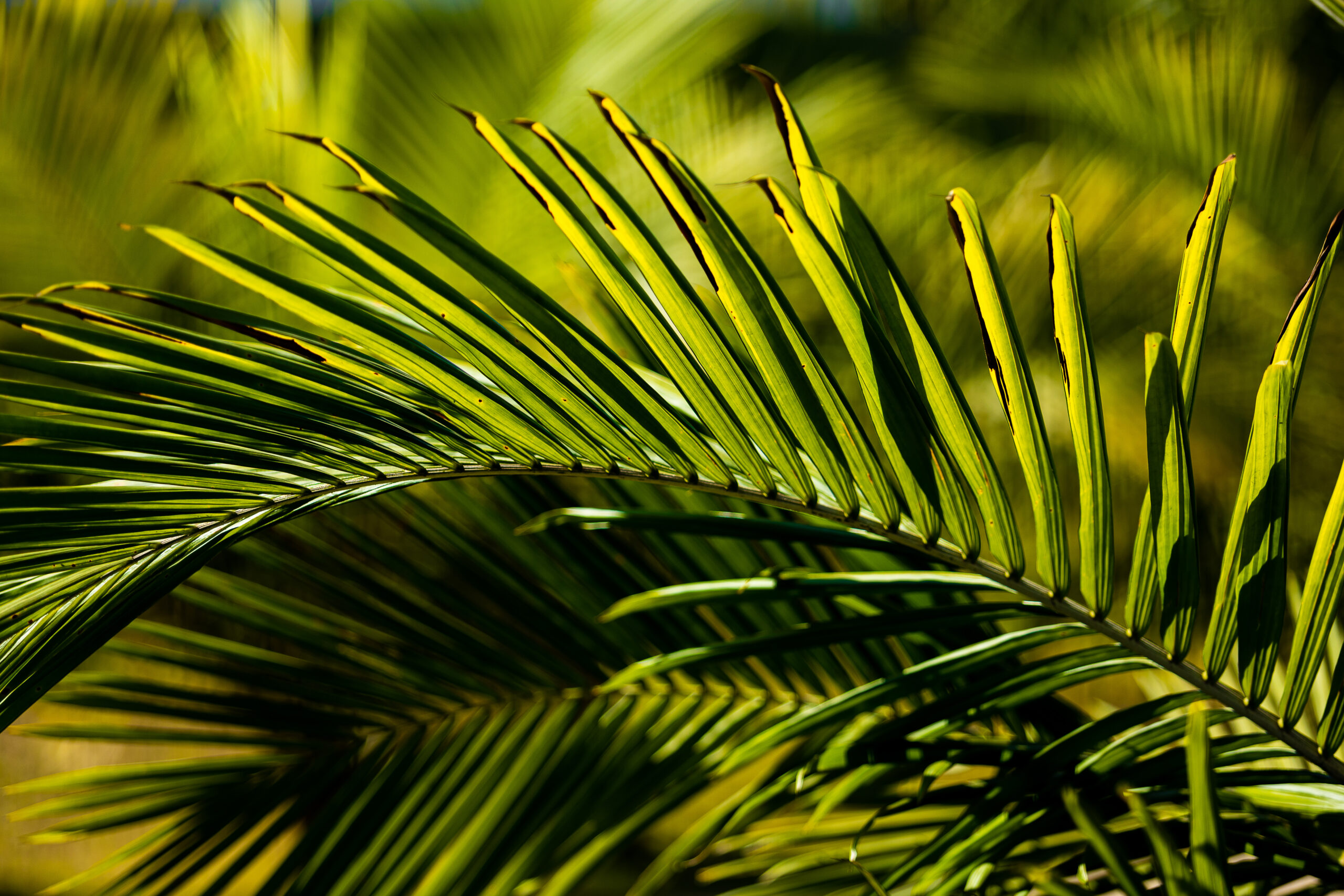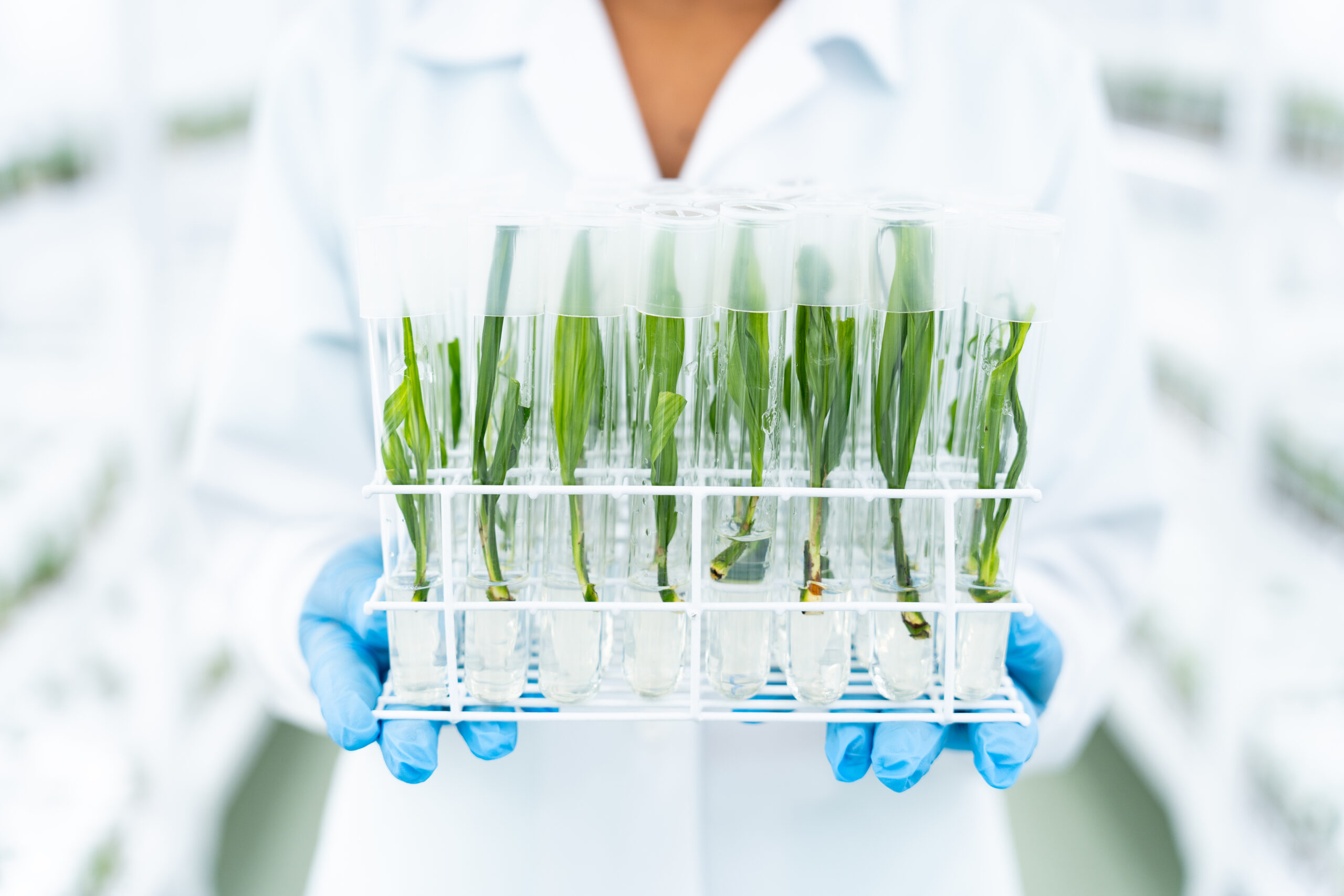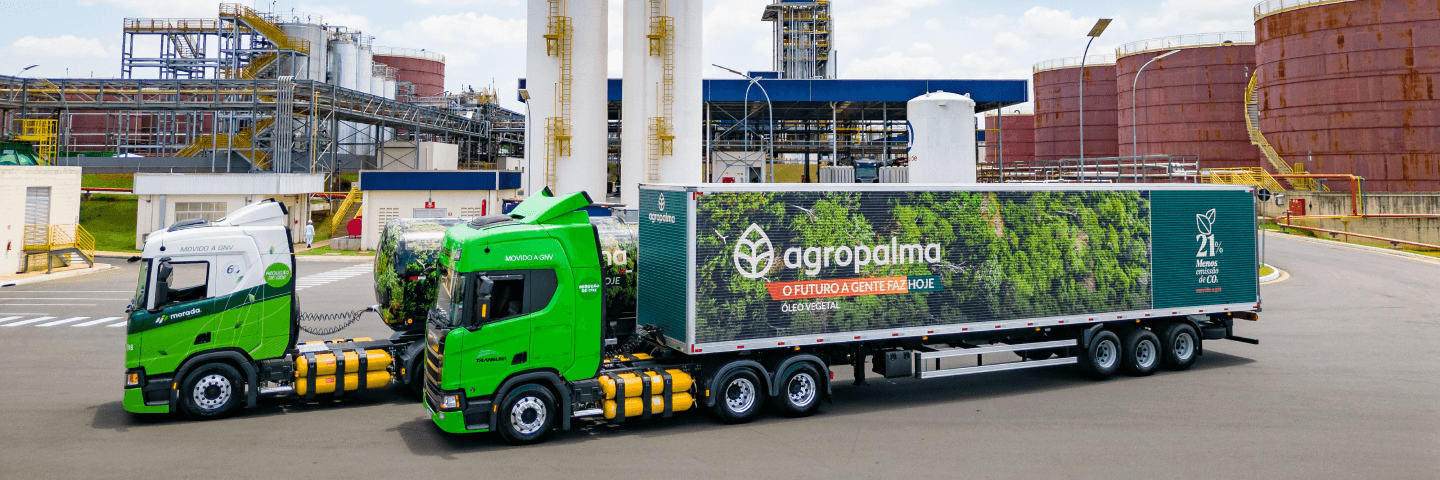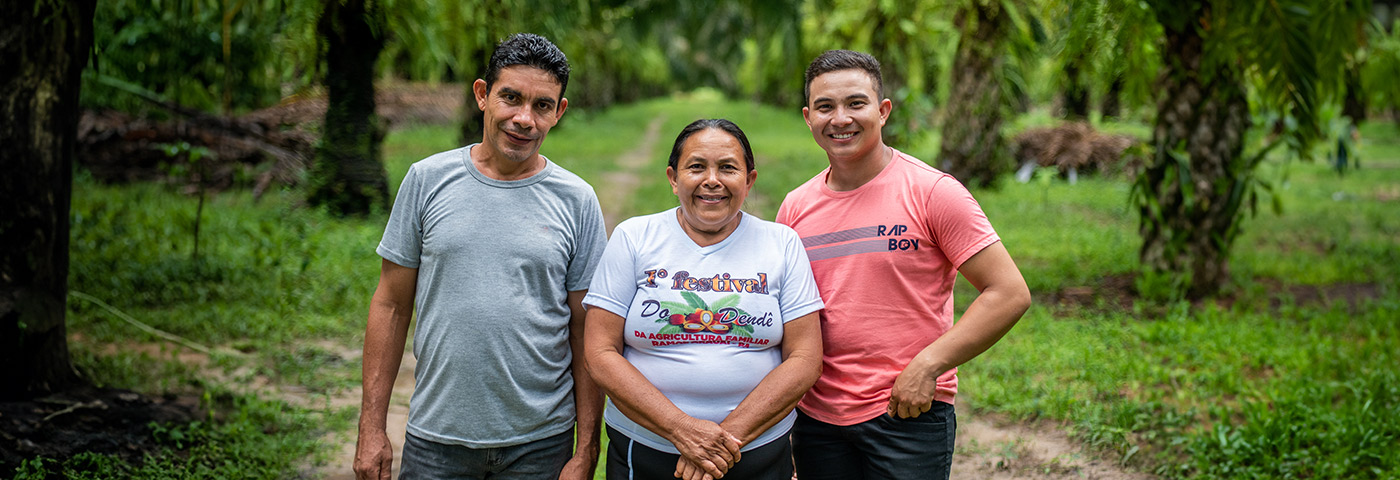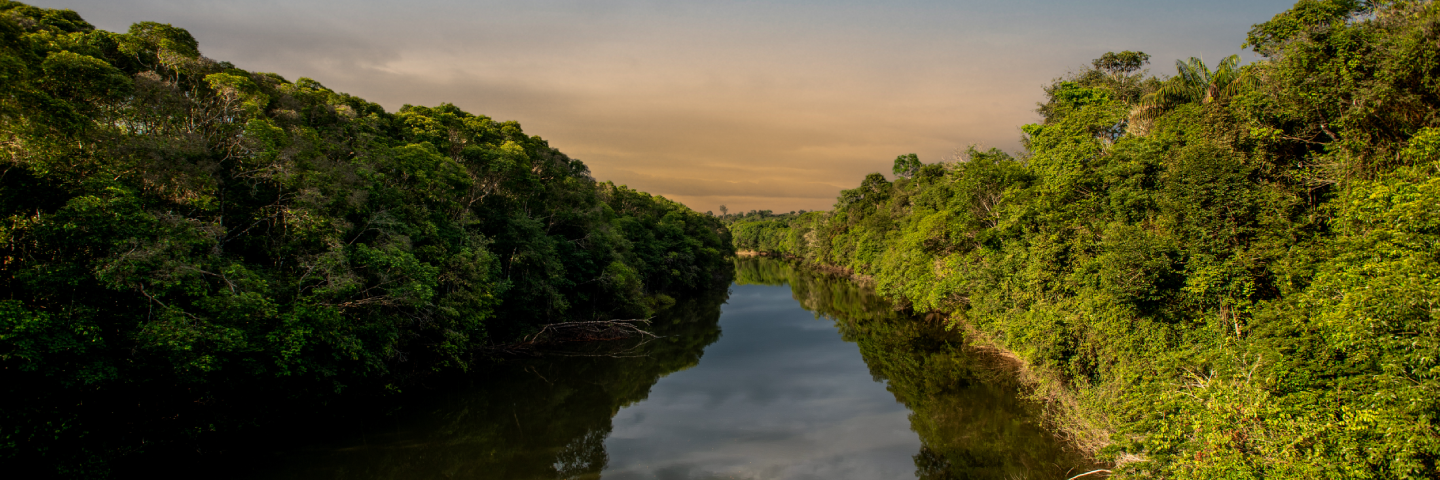The country is currently the 10th largest palm oil producer in the world and a role model in production sustainability, since Brazilian legislation requires that palm is grown only in already degraded areas; in addition, the law determines that the landowner must maintain one hectare of preserved or reforested land for each hectare of planted palm.
According to the Brazilian Palm Oil Producer Association (Abrapalma), over 85% of the country’s production is concentrated in the state of Pará, where 207 thousand hectares of oil palm are planted. The lands used in culture expansion have respected agroecological zoning, which outlined areas with proper soil and climate conditions which were deforested or anthropized. According to the zoning, Brazil has over 7 million anthropized hectares with ideal conditions, from a soil and climate viewpoint, for introducing palm oil cultivation. In Brazil, palm production becomes an alternative for reconstitution of the plant coverage that captures greenhouse effect phases, in addition to generating income and employment.
Considered the largest sustainable palm oil producer of the American continent, Agropalma is expected to produce over 180 thousand tonnes of palm oil in 2022. The largest production unit is located in the municipality of Tailândia, state of Pará – with 107 thousand hectares of total area, 64 thousand of which are forest reserves, 39 thousand of planted palm trees and 6 crude oil extraction industries. Additionally, the region maintains over 5 thousand employees. In the city of Belém, the company performs refinement and fractionation of palm, including a fat storage unit (UAG) and riverside terminal for cabotage and oil exports. In Limeira, located in the interior of the state of São Paulo, the company performs refinement and fractionation of palm and palm kernel, including the unit for fat storage (AG), hydrogenation and interesterification. “The opening of the Limeira refinery launched the development of new products and customized solutions, upon close monitoring of our clients’ needs. There, we have a fully equipped technical oil and fat center – with an application lab, pilot plant, sensory testing room and a show kitchen for hands-on presentation and training modules, allowing for client visits and co-creation of formulations”, explains André Luiz de Toledo Gasparini, Commercial Director at Agropalma.

“Agropalma has been working since 2010 on a cloning program, selecting the best varieties of palm for production of our own seedlings”.
André Luiz de T. Gasparini, Agropalma.
Sustainable production growth
The Agropalma executive also explains that company planning is based on sustainable production growth. The increase in productivity is based on the adoption of the best cultivation practices and technologies, such as the use of drones for monitoring of planting and RFID labels (radiofrequency identification) in order to optimize the logistics of harvesting and delivery of fruit to Extraction Plants. Agropalma has been working since 2010 on a cloning program, selecting the best varieties of palm for production of their own seedlings that will also increase productivity in the medium to long term. Another action front is the composting project, developed from the concept of circular bioeconomy, using the byproducts of palm oil extraction in the transformation process into high quality organic fertilizer.
THE PALM
- It produces up to 30 times more than other oilseeds.
- The palm oil culture can have an important role in reducing poverty in producer regions, if well oriented and following social and environmental criteria required by the Brazilian legislation, as well as modern international sustainability criteria;
- In Brazil, it may only be planted in degraded areas which would have no other uses;
- It may also help in carbon sequestration, contributing to the mitigation of issues related to climatic changes.
Source: Abrapalma
Sustainability Commitment Actions
Agropalma
Since its foundation in 1982, the company applies concrete preservation practices of the Amazonian biodiversity and helps in development of communities surrounding its operations. This is reflected in actions towards the preservation of the Amazon Forest, from zero deforestation to fighting climatic changes, in addition to the welfare of people.
Agropalma’s sustainability approach has been developed organically and more quickly over the last 20 years, making use of the most advanced certification systems, as well as feedback from interested parties and strict adherence to the strong environmental and social legislation in Brazil.
Preservation of forests
The company has 64 thousand hectares of forest reserves within its lands, corresponding to 60% of its total area of 107 thousand hectares where its farms are located, in the city of Tailândia, state of Pará.
Key works are also being developed for preservation of the largest biome in the planet. The company has entered into partnerships with Conservation International (CI) and Instituto Peabiru, among others, to ensure the preservation of current biodiversity in its reserves, which are also part of the Amazon Forest. Over 1000 animal species were recorded in the region, of which 40 are endangered and 11 are endemic species of the Centro de Endemismo de Belém (Belém Center of Endemism – CEB).
Forest protection and restoration activities have expanded beyond the Amazon, and are also implemented in the refinery located in São Paulo. In the area surrounding the factory in Limeira, the company is currently restoring 2.5 hectares of Atlantic Rainforest, one of the most diversified ecosystems in the world.
Sustainable action is certified
Agropalma has national and international certifications and works according to the principles and criteria of the Round Table on Sustainable Palm Oil (RSPO), the main international recognition which attests the production of sustainable palm oil, with indicators from the Palm Oil Inovation Group (POIG), an initiative between palm oil production companies and international NGOs; this recognition is further augmented by IBD (Instituto Biodinâmico de Desenvolvimento Rural / Biodynamic Rural Development Institute) and USDA Organic, among others. These certifications acknowledge some of the best practices developed by the company, such as caring about the land. Agropalma focuses its efforts on research and development initiatives for modernization of plantations and agronomic practices for efficient soil use. The periodic analysis to improve fertilizer management, monitoring of emissions due to changes in soil use and no development of crops in peaty organic soils or improper for palm cultivation are among the highlights.
The Journey towards Zero Carbon
In 2021, the company announced a partnership with specialized consultancy for conservation of forests and commercialization of environmental services, for the REDD+ project, an incentive developed in the United Nations Framework Convention on Climate Change (UNFCCC). The journey towards Zero Carbon is also one of the main challenges. With the project, Agropalma is not only going to be an emission-neutral company, but also contribute so that other companies may do their part in fighting climate changes. The company is becoming carbon-negative.
Gas-powered trucks
Over the last two years, the company developed several initiatives focused on green logistics, and this June a project for a natural gas-fueled truck was launched, which is now servicing its unit in Limeira, São Paulo. The change in fuel brings several benefits to the environment, such as significantly reduced nitrogen oxide emissions and suppression of sulfur oxides, which are responsible for acid rain. In addition, a 21% reduction in carbon dioxide emissions is also expected in the route performed by the truck, which represents a 36,000kg reduction per year.
Caring for people
Community relationship is also at the core of the sustainability policy. The company pioneers the family farming program with palm, through which partnerships were forged with over 200 family farmers. Nowadays, with the cultivation of palm, families earn nearly R$ 20,000 a month, a 685% increase in the average income of family farmers in the last 15 years. Also within the scope of social and community relationship, the company also maintains the Agropalma School, offered to all company employees’ children. Its priority is to ensure high quality basic education to these students, so they are able to reach university levels.
Source: Revista Óleos e Gorduras – Issue 44 – Year 8
 Back
Back